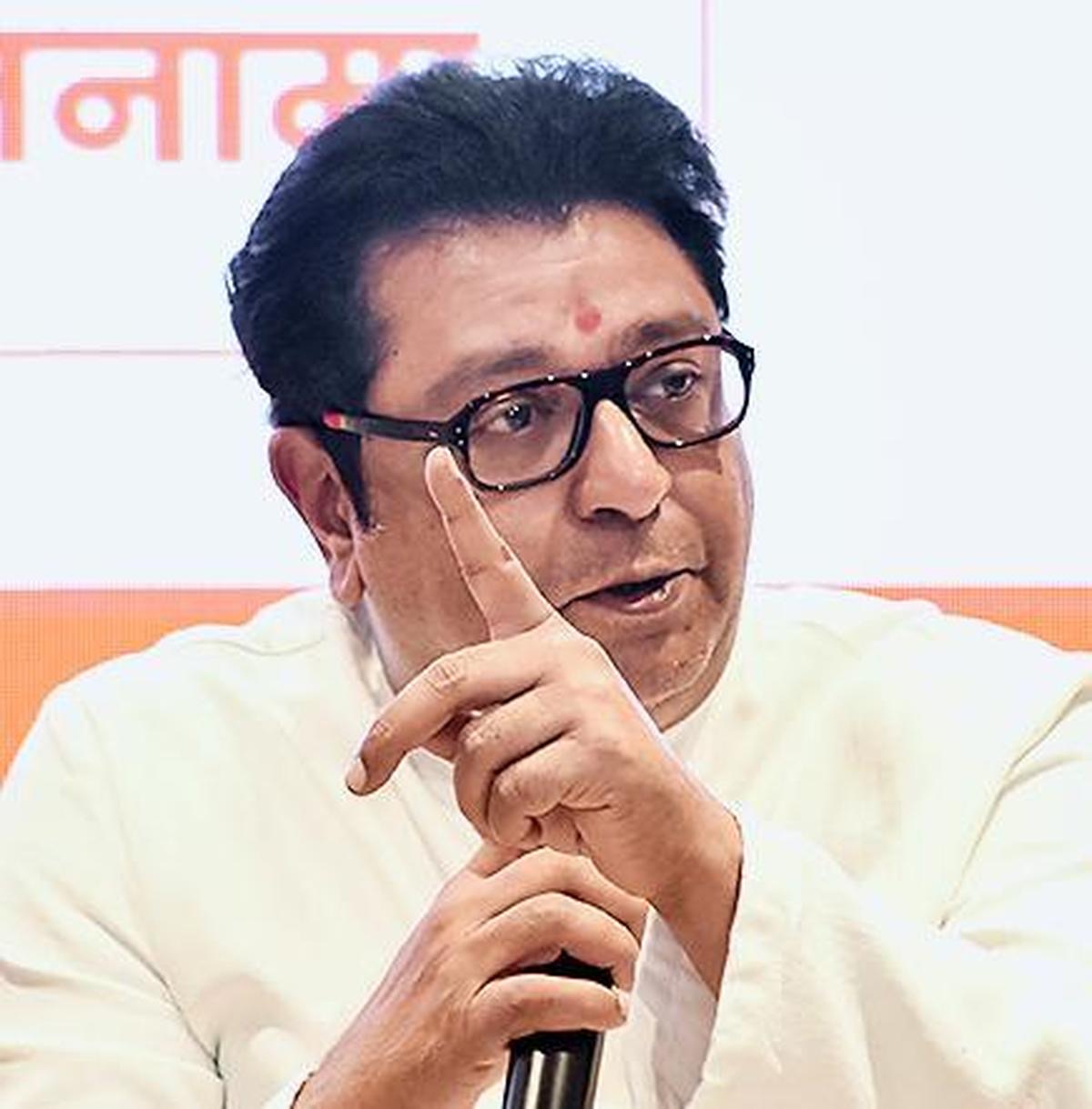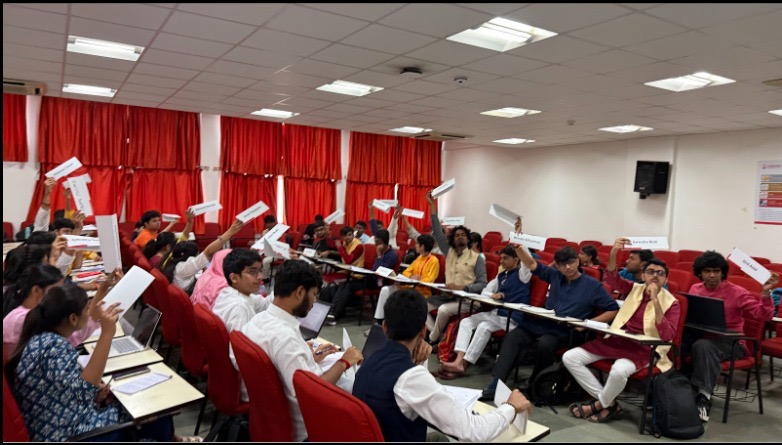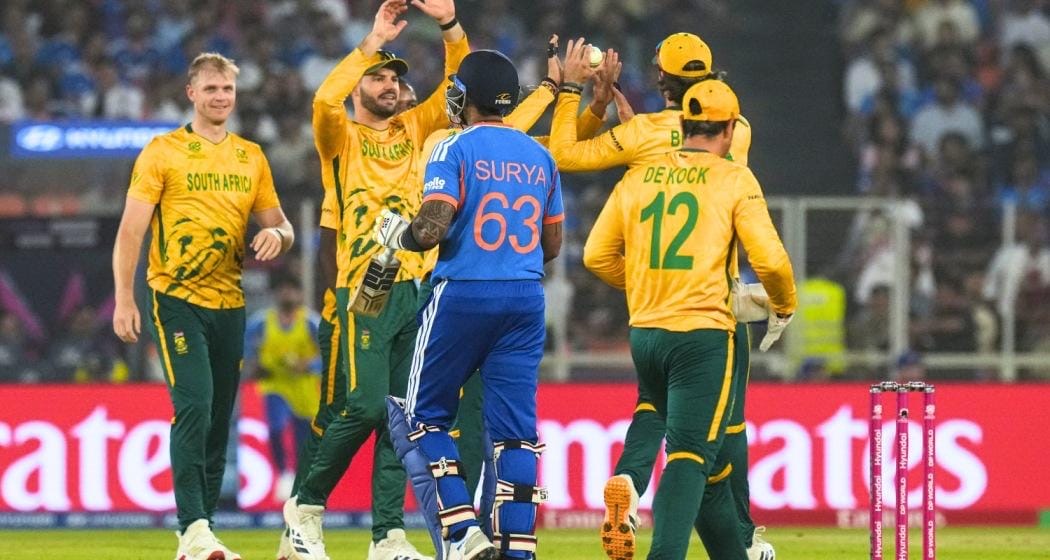Gul Panag’s prediction on AI’s two pilots comes true
The fear shared by actress and hobby pilot Gul Panag on the two pilots of the ill-fated Air India flight AI171 which crashed in Ahmedabad
now apparently appears to be emerging true as several Western media outlets have begun pointing fingers at the pilots of the ill-fated Air India flight despite an incomplete investigation and a preliminary report that is also something that is still under review.
The Dreamliner was carrying 230 passengers, 10 crew members and 2 pilots. Only one person, the passenger seated in 11A, survived the crash. A total of 260 people, including 19 on the ground, lost their lives.
According to the 15-page preliminary report released by India’s Aircraft Accident Investigation Bureau (AAIB), both engines failed seconds after the aircraft reached a speed of 180 knots.
The Engine 1 and Engine 2 fuel cutoff switches moved from “RUN” to “CUTOFF” within a second of each other, shutting off fuel supply to the engines.
Though the engines showed brief signs of recovery, they failed to stabilise. The aircraft lost altitude quickly and crashed into a densely populated area just beyond the airport’s boundary wall.
The Ram Air Turbine (RAT), a backup device deployed in case of total power loss, activated automatically, confirming that the aircraft had lost all engine and electrical power. The AAIB also ruled out a bird strike, citing no recorded bird activity during the takeoff.
Inspections, drone footage and component isolations are currently underway, and both engines have been moved to a secure hangar for further examination.
Notwithstanding the technical nature of the AAIB’s findings and the absence of definitive conclusions, several international media outlets, including BBC, Reuters, The Guardian and Daily Mail among others, picked selective portions of the report and suggested pilot error.
The Western media have published reports highlighting the movement of the fuel switches to the “CUTOFF” position, subtly implying that the pilots may have been responsible.
BBC reported that cockpit fuel switches were turned off during takeoff, a step meant only for emergency landings. It mentioned recorded cockpit confusion, with one pilot asking the other why the fuel had been switched off. The report does not confirm who gave the command or why the switches moved.
The Guardian also pointed to the switches being turned off moments after takeoff, while omitting to mention that the AAIB has not confirmed whether it was due to pilot error or a technical malfunction.
However, the
Internet believes this selective interpretation of the preliminary report could be an attempt to “deflect blame” from Boeing, which is under global scrutiny for issues related to its commercial aircraft.
Gul Panag Saw It Coming
In her interview Gul Panag, who holds a Private Pilot’s License since 2016, voiced her concerns about premature blame being pinned on pilots in aviation disasters.
“The sad thing is, till the more is revealed, she suspects, and tragically so… The gut instinct says that it will finally come down to or it will be made to look like pilot error and that’s what every pilot fears because they are not there to defend themselves,” adding, she hopes it’s not that. Every single incident that we have had in recent times is unfortunately put down as that.”
Referencing the Boeing 737 Max crashes, Panag added: “In the case of the 737 Max, other facts revealed themselves later. But the initial report just puts it out like, ‘This could have been handled better’, even if there were failures and could be attributed to other things, there will be a pilot error aspect as a contributing factor.”
She also highlighted that pilot training covers emergency procedures, such as engine failure, extensively. “Engine failure and take-off are memory items and how to address that is also something that is drilled into your head from the time you go to flying school,” she explained. “Whether engines failed or they didn’t fail, all of that will be revealed once the final report is out,” she added.
Discussing the mayday call made by the pilot, Panag said, “It demonstrates complete and total coherence. He hadn’t given into panic. All of the people I’m in touch with by virtue of belonging to the aviation ecosystem, that’s a very critical thing.”
Panag, whose husband Rishi Attari is also a pilot, further went on to add given how advanced the machines are today, it is the only variable because the machine flies itself… If you step back and look back, the human element is the only variable in the bigger picture. So, we’ll have to wait till the results come out.”
The final report is still awaited.
Until then, Gul Panag’s prediction that pilots may be blamed before the facts are clear, now feels like a chilling deja vu.
News Edit KV Raman













